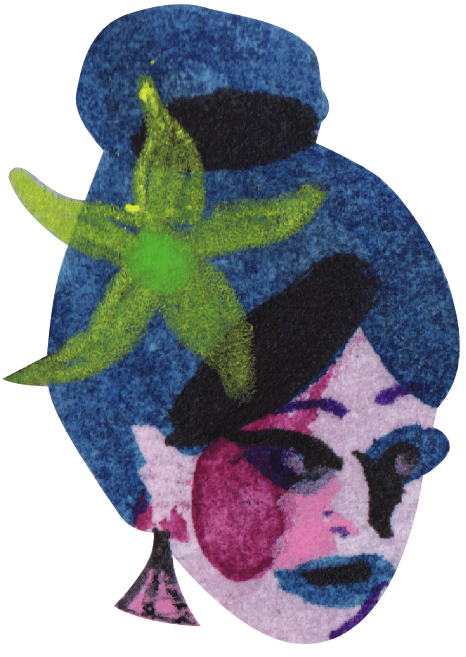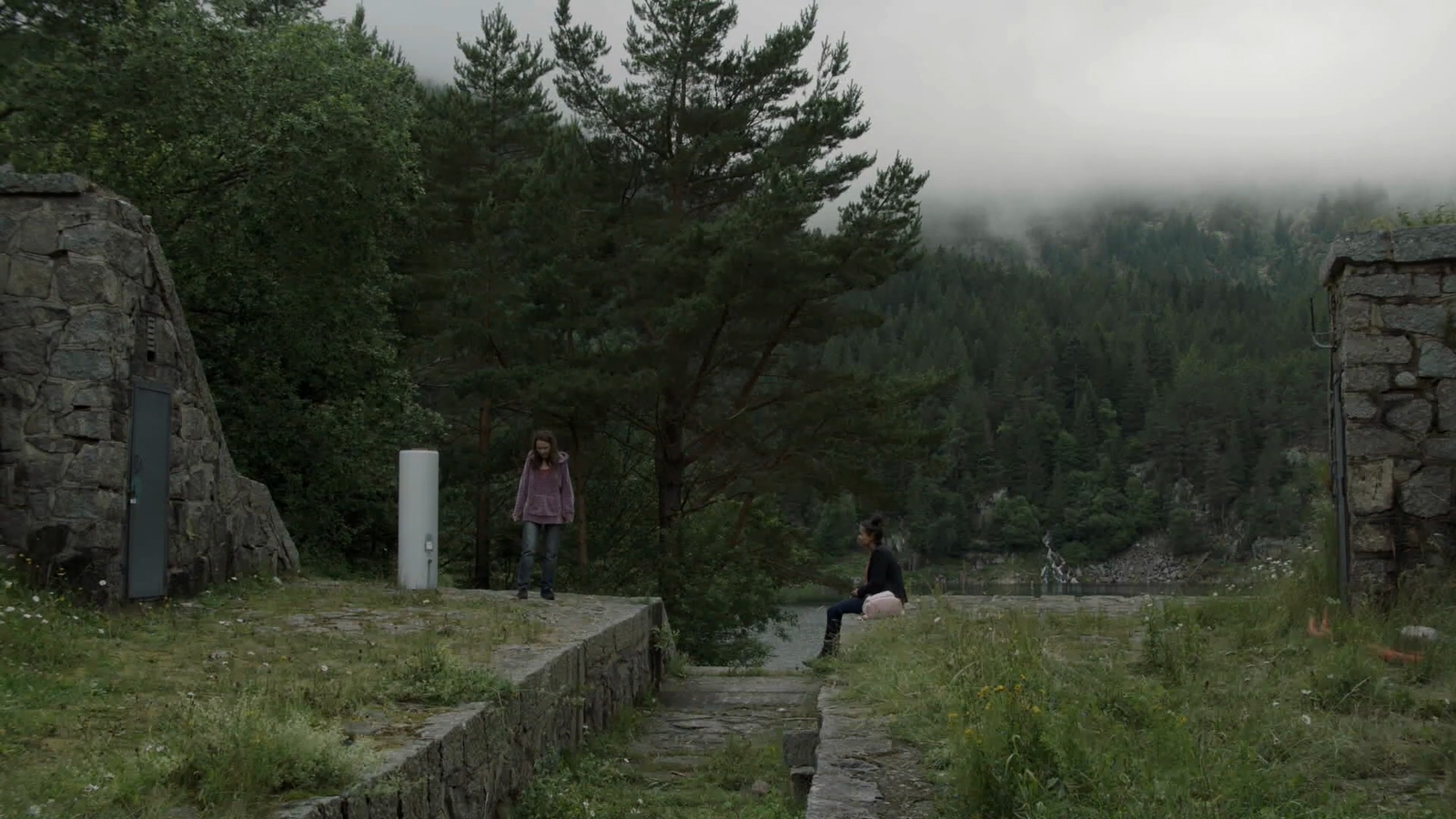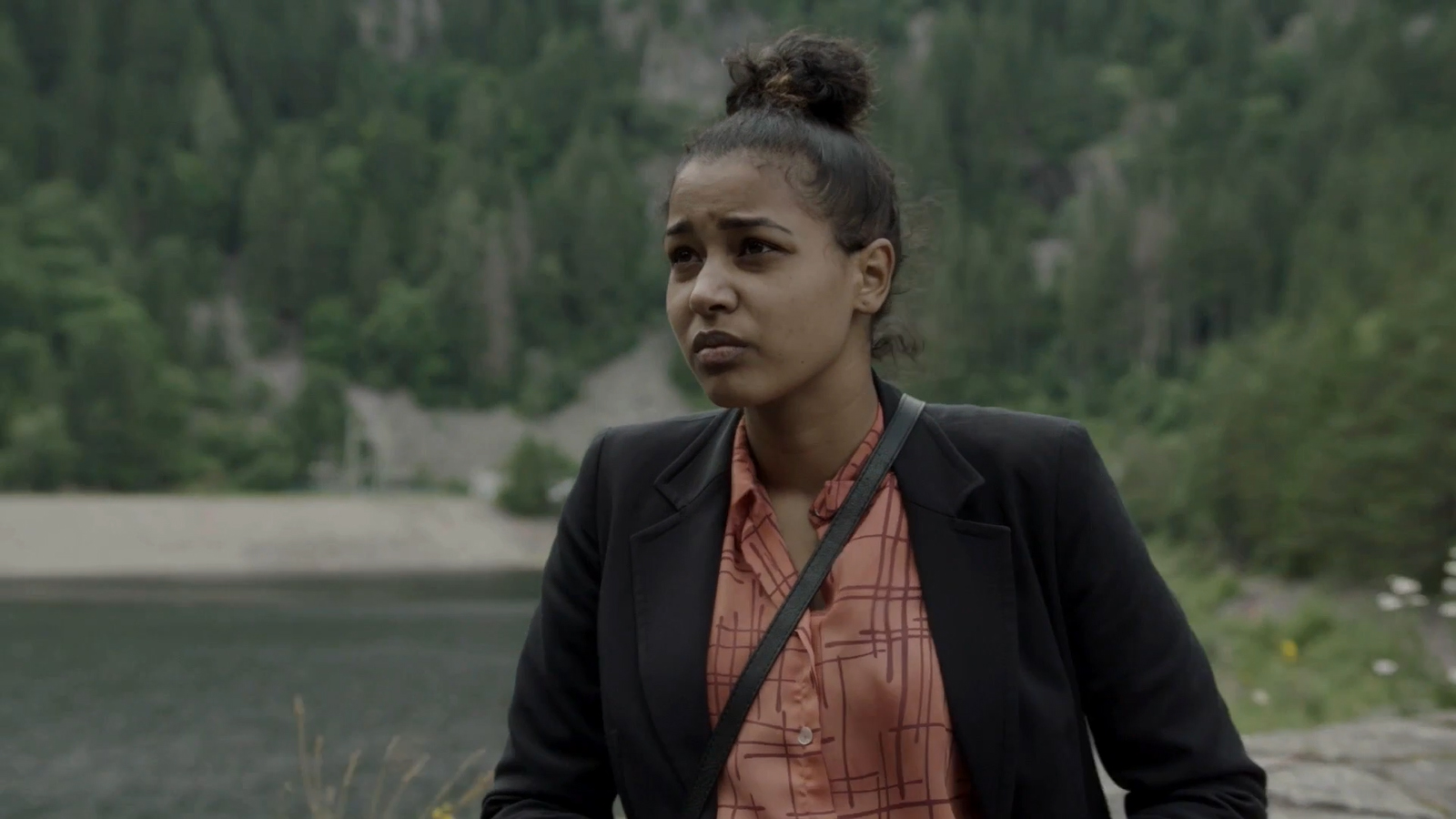Goûter avec Marianne
Entretien avec Julien Gaspar-Oliveri, réalisateur de Marianne

Je précise que c’est un scénario de Julie Debiton. Contrairement à mes autres films je n’en suis pas l’auteur et c’était une première pour moi. Marianne est une commande qui s’inscrit dans le cadre d’une collection pour France Télévision sur le thème des femmes héroïnes. Il y a aura plusieurs films sur ce même thème avec un duo de scénariste et réalisateur différent. Julie a donc écrit Marianne à partir de cette demande. En découvrant le scripte, j’ai tout de suite été très attiré et intrigué par le personnage de Marianne qui m’apparaissait comme impossible à saisir. La fin était ouverte, le personnage complexe, c’était très tentant. Le projet était déjà à un stade très avancé et j’ai tourné à peine deux mois après qu’on m’ait appelé. Le producteur souhaitait que Soumaye Bocoum joue la journaliste, elle avait déjà passé des étapes de casting avant que je ne reprenne le projet en main. Il m’a laissé le choix pour Marianne. Pauline Lorillard était pressentie pour le rôle. Je la connais depuis longtemps pour l’avoir vu beaucoup joué au théâtre et pour l’adorer. C’est tout naturellement que j’ai eu envie de partir à sa rencontre à partir du scénario et je dois dire qu’elle a clairement motivé et encouragé mon envie de faire ce film à toutes les étapes.


Dans l’incohérence tout m’intéresse mais à vrai dire je préfère parler de paradoxe. Ce sont des clés pour les personnages. La souffrance ne m’intéresse pas plus que ça, peut-être parce qu’elle est trop vague. S’il y a souffrance, elle appartient au mystère. Le comportement du personnage est trouble mais son objectif est clair. La souffrance de Marianne est palpable et donne des hypothèses sur qui elle est, mais le sujet du film est ailleurs. Pauline et moi n’avons jamais parlé de souffrance. Nous nous sommes plutôt interrogés sur ce que pouvait générer le regard d’une personne étrangère qui vient vous filmer dans le cadre d’une interview. Dans le cas de Marianne, nous sommes partis du principe que c’était la première fois de sa vie qu’elle était filmée. Elle semble ne pas appartenir à ce monde plongé dans l’immédiateté. Le film s’attache à décrire sa difficulté à entrer en contact avec un monde rapide, efficace et impudique, quand le travail de Pauline sur ce rôle réside dans une pudeur, une détresse, un courage qui ne veut pas se dire.

Personnellement je souhaitais faire un film beaucoup plus introspectif sur Marianne. Les premières versions de montage allaient dans ce sens. Le regard de la journaliste et sa quête ont progressé au fur à mesure des versions avec les demandes qui m’ont été faites par les créateurs de la collection.


La survie est un déploiement, une résistance, un combat. Il va de soi que je me retrouve beaucoup dans cette pulsion. Je pense et espère toujours réaliser des films sur cette thématique.

Quand j’étais jury au festival de Brest j’ai découvert Atkurimas du réalisateur lituanien Laurynas Bareiša. Sobre, déroutant, beau.

Il y a beaucoup de réponses possibles. Tout dépend du projet. Je crois beaucoup au temps et à l’exigence que demande l’écriture. Ce processus est peut-être celui qui permet le plus de faire le meilleur film.
Pour voir Marianne, rendez-vous aux séances de la compétition nationale F7.








